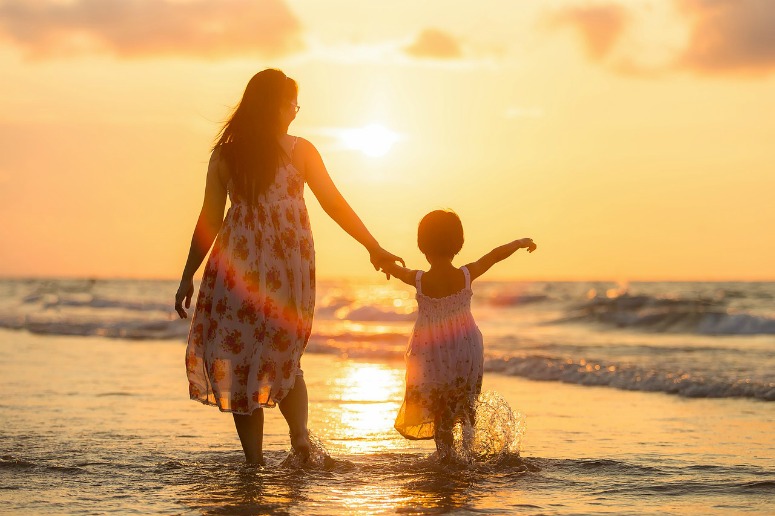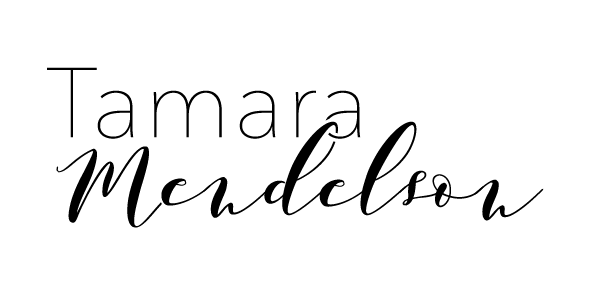
I grew up in a household where people yelled. Not my parents necessarily but there was a lot of noise and constant hostility and competition. As a parent, I made a conscious effort not to raise my children in a house where people yelled. Part of the reason there was so much noise was because the squeaky wheel got the grease. In other words, the loudest got the most attention. Not the neediest, the noisiest.
I didn’t want it to be that way for my children.
And I don’t blame my parents for anything. That’s part of being an adult. I honestly believe that no one decides to be a bad person or a bad parent. Hopefully we are all doing the best we can with the tools and information we have at the time. Accepting where you came from and succeeding in spite of it is the way forward.
Times have changed
My parents (for the most part) had terrible parenting themselves. There is alcoholism on both sides of my family. It was a generation who lived through the depression and giving their own children a roof over their heads and food on the table was enough to be considered good parenting. So other than one grandmother and some lovely aunts, uncles, and cousins, my parents raised themselves.
Many of us were raised in a toxic environment. I’m not blaming here, I am reporting my observations. Things were not always spoken about and how things looked was always more important than how things actually were. Respect was demanded not earned. Adults use the power of being an adult against a helpless child. It is a situation that plays out in many households and is extremely damaging for the children during childhood and on into their own adult lives.
My parents were married for 49 years and until death did them part. I was divorced when my children were young teenagers. There is no one right way to do things.
So, with a gazillion books and sources and the internet giving you guidelines to be a good parent, how do you know what to do? Having a baby just takes getting pregnant. You may even have attended birthing classes but not any classes to tell you what to do after that. Here’s what I suggest…
Coaching with Tamara Mendelson
Are you struggling through an unexpected life change? I’m now taking applications for 2019 Coaching and I’d love to hear from you! Sign up below to receive my coaching application form straight to your inbox.
[magicactionbox id=1256]
Five useful guidelines to good parenting
1. Have a general idea of what you believe a good parenting style is.
Figure out what kind of things you missed as a child and try to incorporate these things into your family life.
It is a strange thing to talk about before you actually have the little darlings in your mist. Then you spend 0-5 years just trying to get enough sleep and earn a living. It’s hard to remember when you are in a constant state of exhaustion what you decided was your parenting style.
See if any of these statements ring true for you?
A. I want our children to be happy and healthy productive members of society/community
B. I want our children to fulfill their potential and strive to be the best at whatever they do
C. I want our children to make a lot of money and take care of us in our old age
D. I want our family unit to be the most important thing in our children’s lives
E. I want our children to be self-sufficient
F. I want our children to respect us and listen to everything we say because we know everything. (good luck with this one when they learn how to talk)
In a quiet moment have a discussion with your partner about how you would like to parent going forward. That’s the important point here – moving forward. Not blaming or accusing or bringing up an old incident or mistake but simply finding a path that you both agree on and work towards that goal as a family.
If you are a single parent find people in your life that you love and admire to help form the community that your child or children will grow up in. This can be any kind of group. Your neighbors, parents at preschool, your synagogue or church group, the playgroup at the park.
2. Find parenting role models in your friends, family or communities to model behaviors after.
It’s helpful to have someone around to ask questions and watch how they parent their own children. A relationship mentor of sorts. If their children are a bit older than yours that works.
We all have friends who we admire and or envy (a little bit) the relationships they have with their own children. A favorite aunt who has a great rapport with your cousin. Watch what they do, listen to what they say, or how they handle a volatile or stressful situation. Then emulate that scenario in your own life.
3. Kindness and calm are always a choice.
Did I lose my temper as a parent? A couple of times, yes. Was I immediately sorry about it? Yes. Did I learn from it? Yes, I did.
Our spouses push buttons. Our children push our buttons and test our limits and being an involved parent sometimes means you don’t have a lot of goodwill left at the end of the day. This is where taking a deep breath and keeping your voice calm and even when you are exploding inside helps you maintain your parental wits.
When an adult loses their temper with a child, the child wins. Don’t fool yourself that this isn’t a power struggle because it is. Children learn about the world by testing boundaries. It isn’t personal it’s a learning tool.
4. Spanking or no spanking?
Hitting children used to be an acceptable form of punishment. In some households it still is. When you get to a point that you hit your child you have exhausted all the other ways of communicating. Probably just before this moment you should have given yourself a time out. A friend of mine tells a story about his daughter. When she was three years old she hit her younger brother. Her mother hit her and told her to stop hitting her brother. The child responded with a question. “If you didn’t want me to hit my brother why did you hit me?” That stopped my friend cold and she never raised a hand to her children again.
That whole do-as-I-say-not-as-I-do thing doesn’t really work. We are models of behavior for our children. You may say something 1,000 times and it seems like they never hear you. But if you go against something you have said they will see it.
If your child seems particularly violent with their siblings try to find out why they feel like hitting is the answer. Are they being bullied at school? Do they feel powerless or insecure?
And if they are endangering another child this situation should be addressed by a medical professional.
Siblings do fight. My children are two years apart in age and both have very strong personalities. They fought until they were 10 and 12 years old. They bickered more when we traveled. When they were tired or hungry or feeling out of sorts. I should have paid less attention to it. I also should have realized that the one I usually blamed was more often than not blameless.
5. Love your children for who they are not who you want them to be – no comparing.
Some kids walk at 8 months some at 2 years. Some kids talk at 18 months and some don’t talk until they are three. It’s all normal and all okay. Once you have made sure there are no neurological or physiological reasons for them not to walk or talk then let them alone.
I’ll let you in on a big secret, parents lie about when their children do things.(Tweet it!)
If there is a milestone to reach their child reached it earlier than all the other children in the playgroup. How is this helpful to your child? Everyone walks and talks and is potty trained by first grade okay?
Our children are not our second chances at success. They are entitled to their own lives. Many young parents get all caught up in something that should be joyful for a kid and turns into the parent’s whole world. The kids may lose interest or no longer enjoy it and then it becomes a point of contention and puts a huge strain on the family interaction.
It is one thing to be encouraging of a child’s talent or interest. It is quite another to turn it into a hobby, lifestyle, or your business.
Parenting is the hardest job in the world but also the most rewarding. And all of it is on the job training. And once you think you have it down they grow up a little and then all bets are off.
Talk to the people who are in your children’s lives and find people who feel the same way you do about this so precious and important job of parenting.
Be kind to yourself.
Now over to you: What kind of parent do you want to be? What action do you need to take to be that person?

